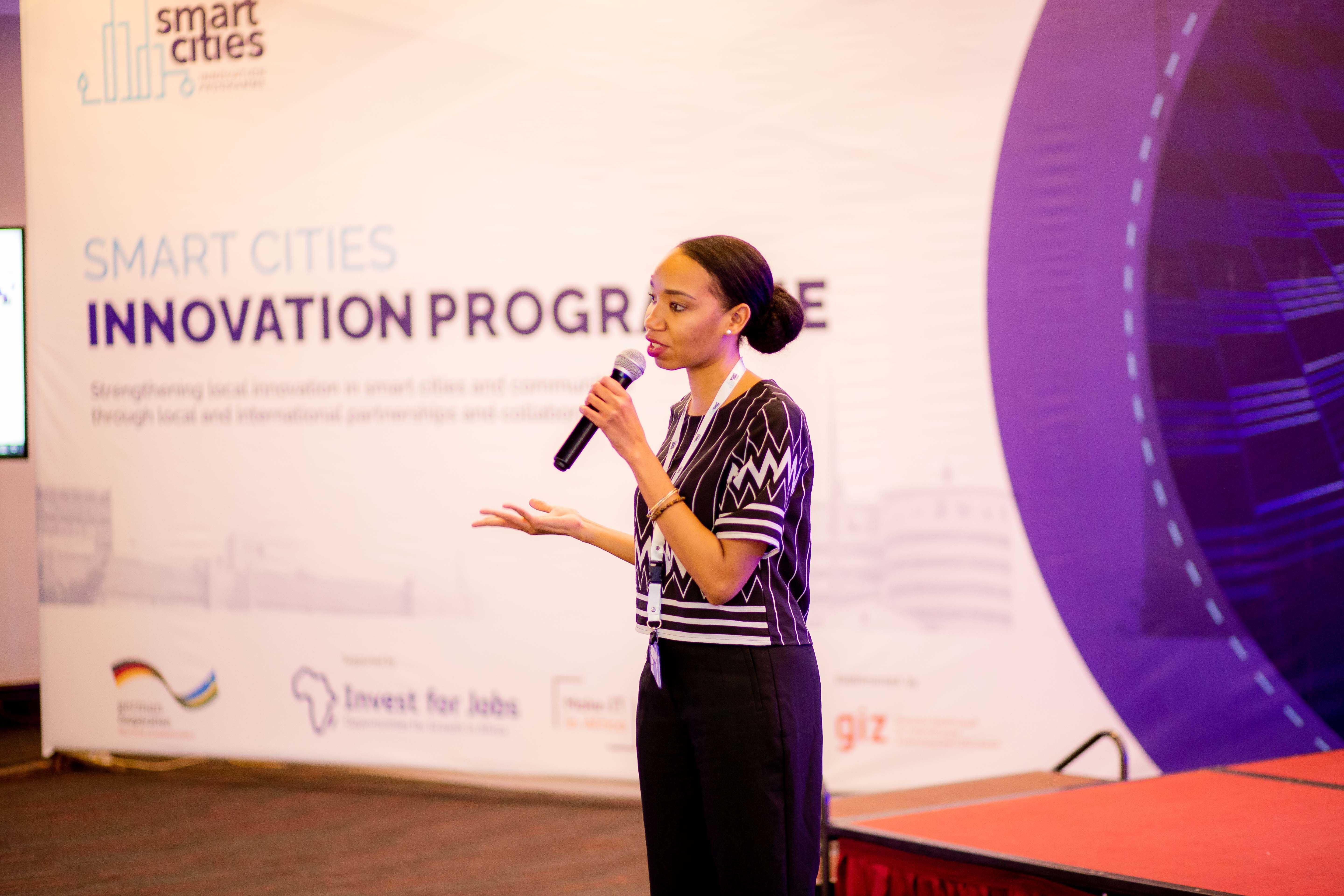Africa has the highest urbanisation rate in the world. By 2030, 50 per cent of Africa's population is expected to live in cities. In Rwanda, according to the government's Vision 2050, the urban population is even expected to reach 70 per cent – a drastic increase from 17.3 per cent in 2019.
According to the World Bank, increasing urbanisation holds a lot of potential for the continent. It can strengthen economic growth and increase prosperity. At the same time, however, there is a risk that existing social inequality and urban poverty will be exacerbated by urbanisation. To prevent this and promote sustainable development in African countries, concrete measures are needed to steer Africa's urban transformation in line with the Sustainable Development Goals (SDGs).
According to Rwanda's Vision 2050, smart cities “integrate shared information and communication technology (ICT), infrastructure and services into management and provision of critical public utilities”. As such, smart cities use digital technologies to drive a city's operational efficiency, promote economic growth or improve the quality of government services. This can include areas such as infrastructure, environmental measures, transport and mobility, citizen well-being, urban planning and much more.
Rwanda serves as a flagship country for smart cities and communities in the Smart Africa Alliance – a coalition of African heads of state and government, international organisations and private sector partners committed to accelerating socio-economic development across the continent through ICT and establishing a knowledge economy. Rwanda has set itself the goal of establishing the country as a Pan-African hub for digital innovation, specifically as a pioneer in the field of smart cities. The country offers itself as both a starting platform for young entrepreneurs and an anchor point for cooperation with the private sector.
In collaboration with the Rwandan government, Invest for Jobs and the Tech-Entrepreneurship Initiative “Make-IT in Africa” officially launched the Smart Cities Innovation Programme (SCIP) in September 2021 to accelerate the growth of tech start-ups with smart city solutions and build sustainable innovation ecosystems.
 © Afrilabs
© Afrilabs